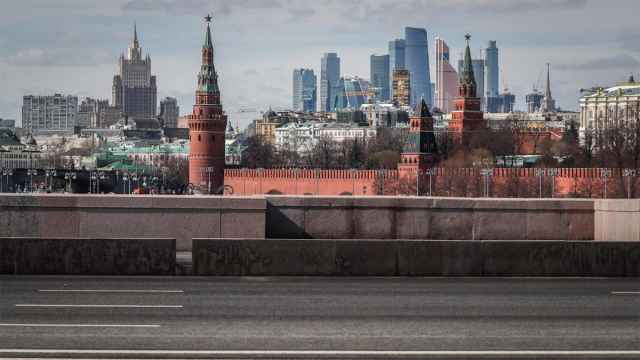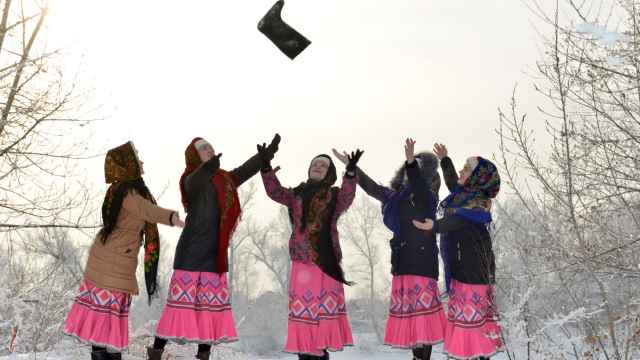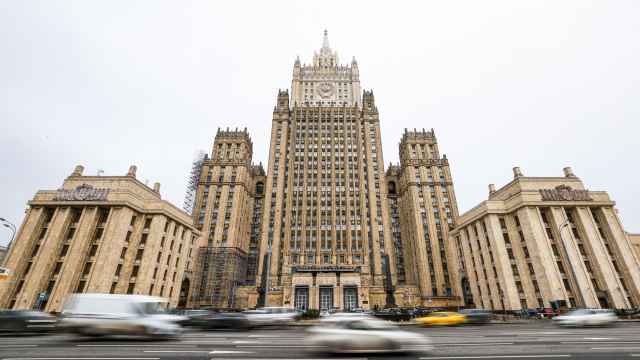SINGAPORE — Wheat exports to Asia are likely to jump sixfold, to about 3 million metric tons by 2011, as the country mounts its first aggressive marketing campaign to sell grain in the region, an exporter said Friday.
Wheat exporters are targeting top Asian buyers such as Japan, South Korea and Indonesia to propel wheat sales that stood at a paltry 500,000 metric tons in 2009, said Michael Dacres-Mannings, managing director of Russian grain exporter ET Agri-Industries Asia.
"There is both political will and commercial necessity for Russia to export wheat," he said in an interview. "Our projection is that approximately 3 million metric tons will be coming into Asia by the end of 2011."
Russia expects a mix of $50 million to $100 million in public-private investment to expand port projects in its Far East to boost grain exports to Asia, the country's deputy agriculture minister said Thursday, adding that the nation aimed to ship 1 million metric tons of wheat to Japan in about 2 years.
Sergei Korolev said the country's state grain trader, United Grain Company, was in talks with Japan, Indonesia, Bangladesh, India and Pakistan for long-term supply pacts.
Russia's aim to lift grain exports to Asia will challenge sales from traditional heavyweights such as the United States, Brazil, Argentina and Australia, which enjoy a majority share.
The move could also weigh on benchmark Chicago Board of Trade prices and as Japan and South Korea are leading importers of U.S. grains.
ET Asia — a Singapore-based company recently formed to market Russian wheat into Asia — has been jointly set up by Russia's grain exporters and Australia's Expo-Trade.
"We will be selling Russian wheat directly to flour mills in Asia, and we are not going to go through third-party trading companies," Dacres-Mannings said on the sidelines of an international grains summit in Singapore. "We have already got commitments in the past three weeks in excess of 500,000 metric tons."
He said the company aimed to sell high-quality milling wheat grown in Siberia.
"We will be focusing on high-quality milling wheat from the Siberian region," he said. "It grows the best-quality wheat with high protein content because of cold growing conditions, and it will stand to benefit when the ports in the Far East are developed."
Russia is hoping to complete the expansion of ports in its Far East by 2011, the deputy agriculture minister said Thursday, enabling the nation to tap the rapidly growing Asian market where it has only a limited exposure.
"From ports in the Far East you can reach South Korea in one day and Japan in less than two days," Dacres-Mannings said. "We see this as a massive opportunity."
Asian importers buy high-quality wheat, mainly from the United States and Australia, while wheat from Ukraine and Russia is generally used for blending and making animal feed.
A Message from The Moscow Times:
Dear readers,
We are facing unprecedented challenges. Russia's Prosecutor General's Office has designated The Moscow Times as an "undesirable" organization, criminalizing our work and putting our staff at risk of prosecution. This follows our earlier unjust labeling as a "foreign agent."
These actions are direct attempts to silence independent journalism in Russia. The authorities claim our work "discredits the decisions of the Russian leadership." We see things differently: we strive to provide accurate, unbiased reporting on Russia.
We, the journalists of The Moscow Times, refuse to be silenced. But to continue our work, we need your help.
Your support, no matter how small, makes a world of difference. If you can, please support us monthly starting from just $2. It's quick to set up, and every contribution makes a significant impact.
By supporting The Moscow Times, you're defending open, independent journalism in the face of repression. Thank you for standing with us.
Remind me later.





